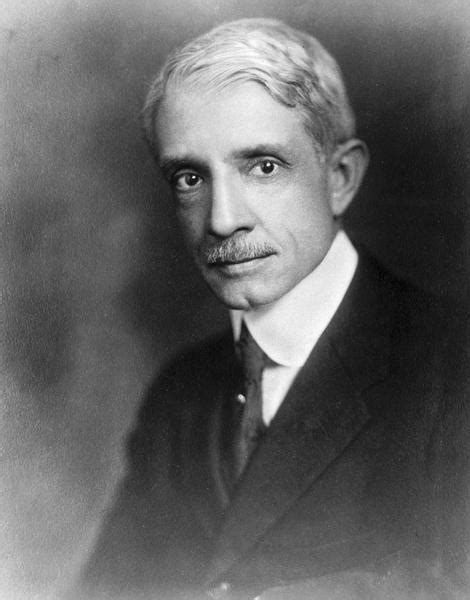A Quote by William Bagley
Essentialists hope that when students leave school, they will possess not only basic skills and an extensive body of knowledge, but also disciplined, practical minds, capable of applying schoolhouse lessons in the real world.
Related Quotes
It only takes about 50 contact hours to transmit basic literacy and math skills well enough that kids can be self-teachers from then on. The cry for 'basic skills' practice is a smokescreen behind which schools pre-empt the time of children for twelve years and teach them the six lessons I've just taught you.
Opportunism towards knowledge is a utilitarian demand that knowledge must be immediately practical. Just like with sociology where we hope its purpose is to serve society, however, the true purpose of sociology lies in its impracticality. It cannot become practical or else it loses its meaning. Perhaps we should learn a different kind of knowledge: the knowledge to question knowledge.
Like many others, I have deep misgivings about the state of education in the United States. Too many of our students fail to graduate from high school with the basic skills they will need to succeed in the 21st Century economy, much less prepared for the rigors of college and career. Although our top universities continue to rank among the best in the world, too few American students are pursuing degrees in science and technology. Compounding this problem is our failure to provide sufficient training for those already in the workforce.
Without question, students need to practice, review, and drill skills, but they should do so only in the spirit of working toward more complex mastery of those skills. Redundant drill of skills is inherently boring and insulting to the learner, and it is one of the most effective methods for turning students off to learning.
I was terrible student. I was capable, but I never like being told what to do, so I was always in the bottom class at school. In Australia, a lot of students study to the end of year 10, but don't go on to the final year, and I was asked to leave the school because they just thought I wasn't performing well enough. I used to sneak off to play piano, and defy the rules of the school.




































